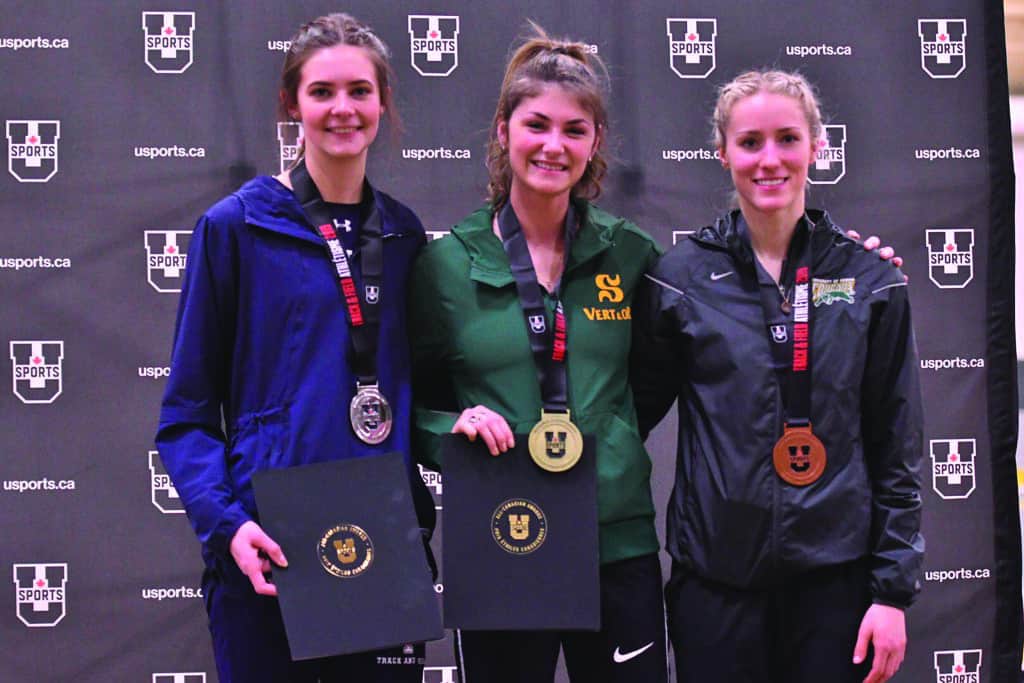2020 isn’t cancelled

“Normal” is dead and buried. What are we nurturing next?
At the beginning of the pandemic, many of us lamented that “2020 was cancelled.” The overwhelming scale of the changes to our lives and the total disintegration of normalcy led to so many people wanting to “get back to normal” as soon as possible – for a while, this was even a viable option for those afforded enough privilege to have a “normal” that didn’t threaten them.
Now, it’s starting to look impossible for even the wealthy to ignore the world burning. “Normal” is changing, and rightly so. 2020 is not cancelled; on the contrary, it is going to be one of the most important years in our living history, and we must participate.
In March, I remember being patient and optimistic about the quarantine lifting and COVID-19 passing on. At the time I had been thinking about the continuing invasion of Wet’suwet’en territory in so-called British Columbia, and was buckling in for continued actions of solidarity. While COVID did not stop Coastal Gaslink from endangering Indigenous people with its pipeline construction man-camps, over the past weeks the outcry against systemic racism in Canada has exploded in a new way, in conjunction with what many are calling “the George Floyd uprising.”
Anti-Black racism is now facing a reckoning, and not because the horrific string of recent deaths at the hands of police in North America is anything new. It seems that the pandemic, the recession, the urgency of climate change, and the increasingly visible unsustainability of capitalism have pushed many past the breaking point. Dr. Angela Davis, a historic Black Panther, Marxist and abolitionist scholar, said in an interview that “[she doesn’t] know that we have ever experienced this kind of global challenge to racism and to the consequences of slavery.”
Coming from Davis, who fought for these things all her life with so many others, this is a powerful statement. Something in society is truly changing, whether those in power like it or not. The question is – particularly for those who, like me, are white settlers in academia, propped up by layers of structural advantage we must not deny or grovel over, but wrestle with sincerely – how are we going to change with it? How will we dismantle the power structures within ourselves as well, and take part in this change for justice, rather than standing in its way?
Will it mean giving reparations – redistributing large, not negligible, portions of our wealth, to support protesters and BIPOC around us who need support with rent or other living expenses? Will it mean joining a local organization that does anti-racist, anti-colonial work, and putting our skills and time to use there? Will it mean spending our free time educating ourselves about the racist history of our communities? Will it mean learning self-defence, or first aid, or de-escalation, so that we can personally ensure the safety of the people around us instead of relying on police?
Will it mean, for some of us, giving up a seat that we are unfairly afforded due to our whiteness, to a Black or Indigenous person who will do good work there in our place? At work, at school, or on a board? Will it mean changing the career we chose for ourselves when we entered the U of R, maybe even letting go of a dream, because we learn that dream will be realized at the expense of our community? I can only ask these questions, of myself as well as others. What I know is that now is the time to ask honestly. What do you have only because of exploitation? What can you live without? And what good can it do to let that go? Most exciting of all, what new and just thing can you build in its place?
For the past few months, my head and the heads of everyone around me have been spinning: with grief, with fear, but also with hope. We are not “getting back to normal.” We are –with great dedication and organization, led by Black and Indigenous people, trans people, working class people worldwide – deciding what “normal” should be. And it can be anything we want.








